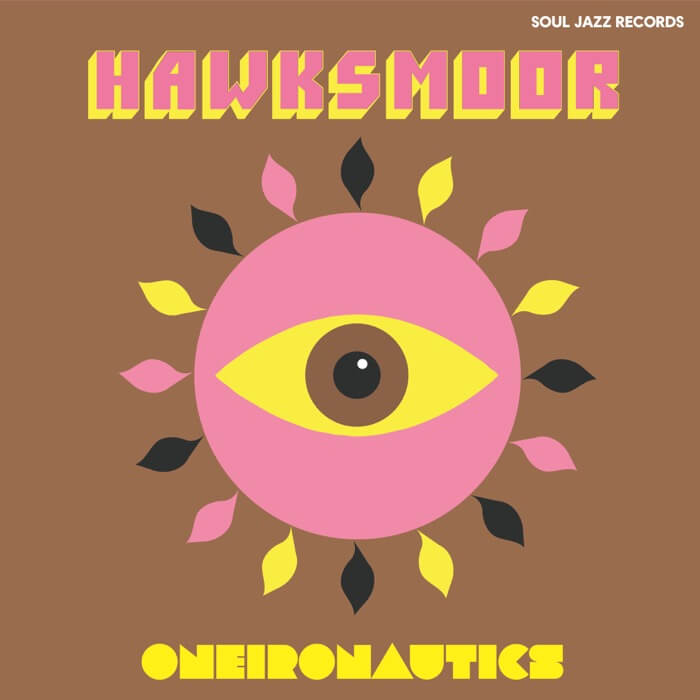Oneironautics, as any good classicist can divine, is the practice of being a dream traveller, a voyager in the unconscious, a somnial spaceman. These days, we’d call it lucid dreaming, the supposed ability to control where your reveries are taking you, perhaps to avoid turning up at work naked or, more mind-expandingly, to explore mad, trippy vistas that only our unpoliced brainwaves can create. And it is, of course, the kind of thematic choice that lends itself very well to psychedelic, prog-tinged electronica, like Silver Apples, Tangerine Dream – and Hawksmoor.
Bristol-based oneironaut James McKeown kept the name Hawksmoor from an it-turned-out eponymous 2018 release, one of those soundtracks to an imaginary film you’re always hearing about. It was informed by eighteenth-century architect Nicholas Hawksmoor’s six ornate London churches and the enigmatic connection between them (common designer aside, presumably). Whether that just amounts to using dusty old synths to evoke a vague wisp of the past is moot, but McKeown’s continued to keep it modular over half a dozen instrumental albums since, and Oneironautics is as out of time as it’s out of mind.
‘Parallelograms’, the opening track and the flip side to the first single from the album, was inspired by (of all muses) the Almondsbury Interchange near McKeown’s home, where the M32 and M4 meet in a mesh of retrofuturist concrete. That influence manifests itself in some rather on-the-nose ‘Autobahn’ bass and an insistent, Reichian guitar signature, painting a picture of sorts. More often, the sense of place McKeown conjures is the sci-fi urban ruin: whistling Moogs blowing around the lonely post-civilisation air-raid sirens of ‘Nereides’, broken bells chiming as zippy synths escape to the heavens on ‘The Oneironaut’.
Anyone familiar with last year’s Telepathic Heights or the recently reissued Saturnalia will recognise this kind of soundscape, but McKeown’s giving them extra colour now. Where there were somewhat static ambient ponderings, there’s now more of the kosmische motion he expressly aims for. ‘Glass Teeth’ works spidery folk guitar and distorted, boxy beats into an electro-pagan groove. Still more ritualistic beats bring late drive to ‘Salpêtrière’ and its standout, keening melody.
While there’s sluggish stuff in the ancient finger-prodding electronics of ‘Galadali’ and near-dub of ‘Yourcelium’, it’s that kinetic spark that persists. And if Oneironautics is not quite Can or Neu! – well, a man can dream.


